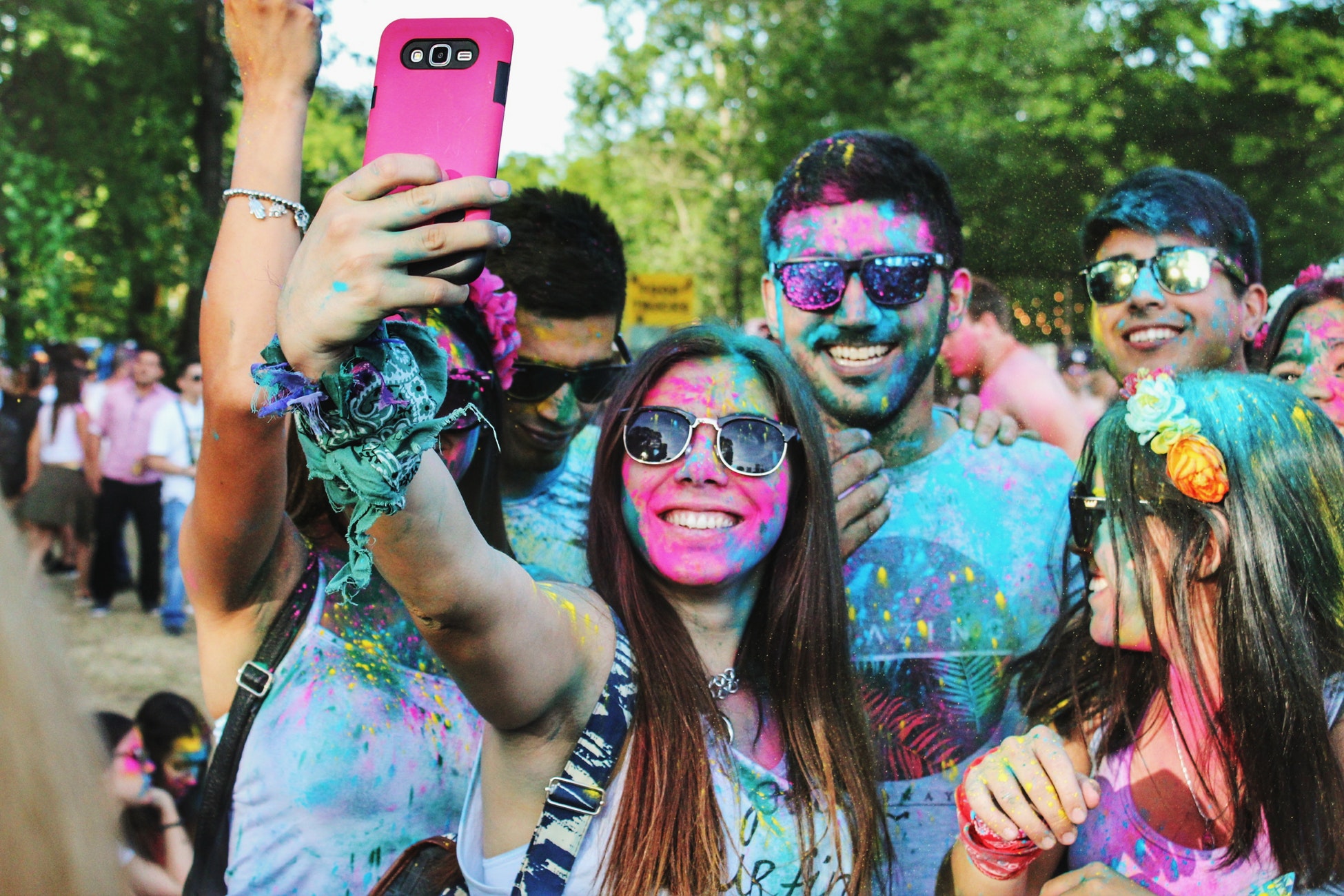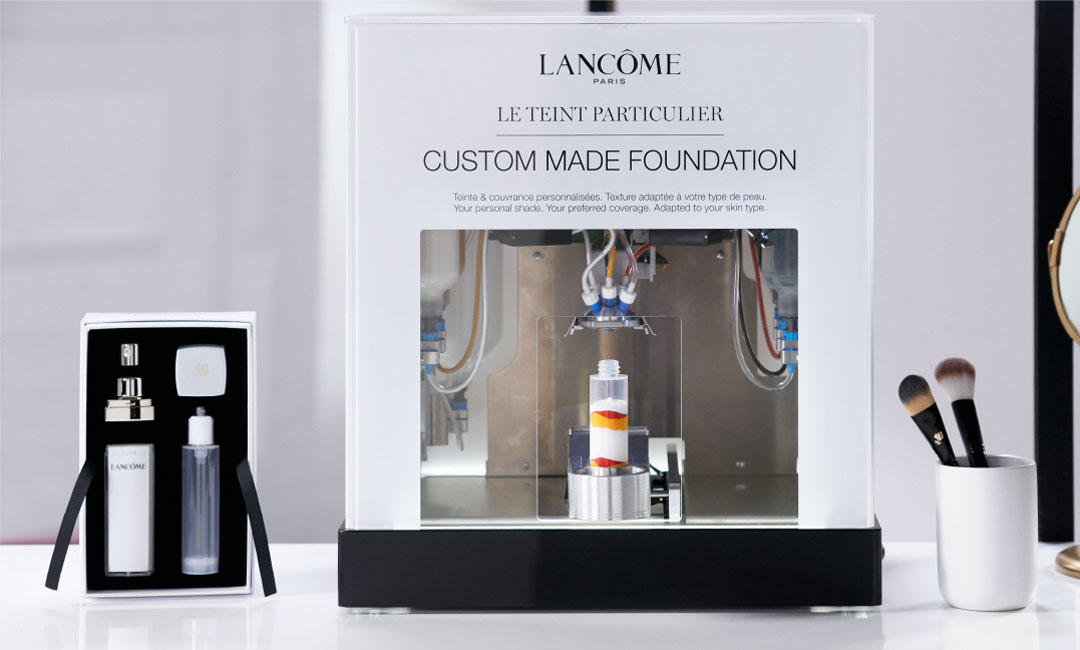
The secret to brand and retail success? Treat every customer like a VIP
We all like feeling special. When our needs are met, when our voices are heard, and when we’re being paid attention to, we feel positive. These are the feelings retailers and brands must invoke in customers, if they wish to remain competitive.
This theme of treating every individual as VIP is a prevalent trend in the retail industry, and applies across all brands, especially in the luxury sector. We’ve worked closely with various partners, brands, and retailers to discuss their most important insights, and have shared them below.
Whether you’re a retailer or a brand, we’re all in this together – transformation is an evolving journey, not an end goal. With that in mind, we hope you find the below insights useful, and we’d love to hear your thoughts and experiences on Twitter – just tag us with #MicrosoftRetailStories to keep the conversation flowing.
“Consumers have changed more in the past three years, than in the past 30 years” – Jean-Paul Agon, CEO, L’Oréal
Adapting to consumer needs
As consumers, we want to be able to find, buy, and receive products faster than ever before, and are disappointed when we can’t. The pressure on retailers from need for agility can be daunting, but addressing consumers’ expectations is vital to remaining competitive, and retaining loyalty. So how can companies better prepare themselves to meet the often spontaneous fluctuations of demand?
At its most fundamental level, this means meeting (and predicting) consumer demand, and this is where technology can make a fundamental impact. L’Oréal, for example, uses data management and artificial intelligence (AI) to great effect.
Having developed AI algorithms based on machine learning, L’Oréal has the ability to predict demands based on a wide variety of data – social media, weather and financial markets, to name a few. These signals, combined with information recorded at the point of sale (POS) provide valuable information that the company uses to analyse the factors influencing consumers, improve products, anticipate trends, and optimise sales.
“We harness this type of information to target end consumers more effectively, and provide them with the products and services they need, anytime, anywhere,” says Stéphane Lannuzel, L’Oréal’s Chief Digital Officer of Operations.
In this way, technology has allowed the company to keep up with consumer demand and trends in ways that simply weren’t achievable before. Improving and developing new products and supplying them in a timely fashion helps meet consumer needs, and is the first step to gaining their business, and, ultimately, their loyalty.
Meaningful conversations
Beyond the basic requirements of meeting demand for products, retailers and brands also have to evolve how they’re engaging with their consumers. The old world of interruptive advertising has changed. These days, reaching customers is more about starting a conversation:
“Millennials don’t want relationships with brands,” says Edoardo Zegna, Head of Omnichannel, Content and Innovation, Ermengildo Zegna. “They want brands to strengthen relationships with their friends.”
In Zegna’s words, the old days of brands broadcasting to the masses, are over. Nobody is listening any more, unless the content is relevant to them. Networks, people, word of mouth – these are new kings of brand awareness. Striving to organically reach audiences, is a more natural, effective way of getting your message heard, without coming across as false third-party entity.
Utilising the power of Influencers, for example, can allow brands to become part of people’s experiences and discussions, without the brazenness of cramming adverts into their lives. Followers of influencers often feel a more personal connection with them. It’s much easier to relate to someone you admire posting, for example, a video of them shopping or trying out new headphones, than the official, polished marketing-run account of a huge company.
“By strengthening relationships between friends and adding values to these networks, it in turn makes them love the brand while driving incremental sales,” Zegna concludes.
Made for you
Think back to the last time someone bought you a gift that was personalised in some way. It more than likely held a special place in your heart, making for a more memorable gift. Tapping into this emotion is another key ingredient for retailers and brands to include in their strategy.
Take L’Oréal’s innovative custom-made foundation technology, for example. Using a colorimeter to scan an individual’s face, an on-site machine at a retailer can quickly and automatically create a blend of foundation that is precisely matched to the customer’s skin tone. The end result is a brand that harbours a much stronger, more memorable connection with the customer.
Technology can invoke reactions of joy which are extraordinarily powerful and memorable
Matthew Drinkwater, Director of the London College of Fashion’s Innovation Agency, strongly believes that these emotional connections are powerful forces:
“Using technology, we genuinely believe there can be a new future for fashion and retail, and experimentation is really important. Technology can invoke reactions that are extraordinarily powerful and memorable.”
Drinkwater gives the example of people viewing 3D virtual models in their surrounding environment with HoloLens for the first time, and how their engagement and enthusiasm is immediately apparent.
Working with Microsoft, the London College of Fashion also created a custom curriculum for an incubator designed to explore new ways of working with technology in the fashion industry, to find new opportunities. One of the groups, SmartSigns, created interactive displays powered by computer vision to identify a customer‘s style, suggesting local shops and similar styles available in the immediate vicinity.
In the world of luxury goods and fashion, all of these factors – the ability to predict and meet demand, engage on a more personal level, and emotionally connect with personalised experiences – combined, can make for a very powerful strategy. When you make customers feel like VIPs, the benefits for brands, retailers (and of course, the customers themselves,) is apparent. We are all consumers, after all, and we all want to feel special.
















